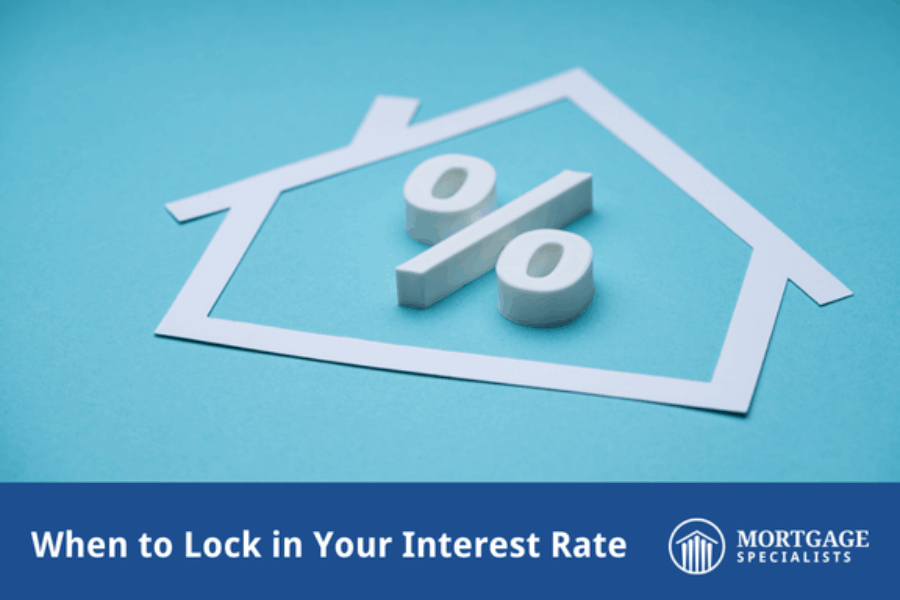Tax season is here, and for many, that refund check offers a golden opportunity to achieve major financial goals. If you’re considering buying a home in Omaha, Nebraska, your tax return can be a powerful tool to help make it happen. Whether you’re a first-time buyer or looking to upgrade, using your refund strategically can put you one step closer to owning your dream home. With the guidance of Mortgage Specialists, you can make the most out of your tax return to secure the best mortgage options available.
Smart Ways to Use Your Tax Return for a Home Purchase
Your tax return can be far more than just a temporary financial boost. Here’s how you can use it to maximize your chances of successfully buying a home in Omaha.
1. Boost Your Down Payment
One of the smartest ways to put your tax refund to use is by increasing your down payment. Saving for a down payment can often be the biggest hurdle to buying a home, but your tax refund can help you get past it.
A larger down payment has several benefits, such as lowering your loan amount, reducing monthly payments, and potentially eliminating the need for private mortgage insurance (PMI). For example, if you’re aiming for a 20% down payment but find it challenging to reach that number, your tax refund could help you close the gap faster.
Our experts can walk you through various down payment strategies and help identify loan programs best suited to your financial situation—many of which require less upfront cash than you might think.
2. Pay Off Debts and Improve Your Credit Score
Another excellent way to use your tax return is to pay down existing debts. Lowering your debt-to-income (DTI) ratio can significantly improve your credit score, which is one of the key factors lenders evaluate when approving your mortgage application. Better credit scores also qualify you for lower interest rates, which can save you thousands over the life of your loan.
Instead of using your entire refund for a down payment, consider allocating part of it to reduce high-interest credit card balances or outstanding loans. Once your credit score improves, not only will your mortgage options increase, but you’ll also find yourself in a stronger position to negotiate favorable terms.
3. Cover Closing Costs with Your Tax Return
Many homebuyers overlook closing costs when budgeting for their purchase. These costs—which include fees for appraisals, inspections, insurance, and more—typically range from 2% to 5% of the home’s price. Having your tax refund set aside to cover these expenses can ensure a smoother closing process without disrupting your savings.
Mortgage Specialists can provide a breakdown of expected closing costs and guide you on budgeting effectively for this step in the home buying process..
Get started today by reaching out to Mortgage Specialists. Their experienced team is ready to guide you through the home buying process and help you make the most of every financial resource, including your tax refund.
Contact Mortgage Specialists now to schedule a consultation and take the first step toward making your dream of homeownership a reality!










 © Mortgage Specialists.
© Mortgage Specialists.